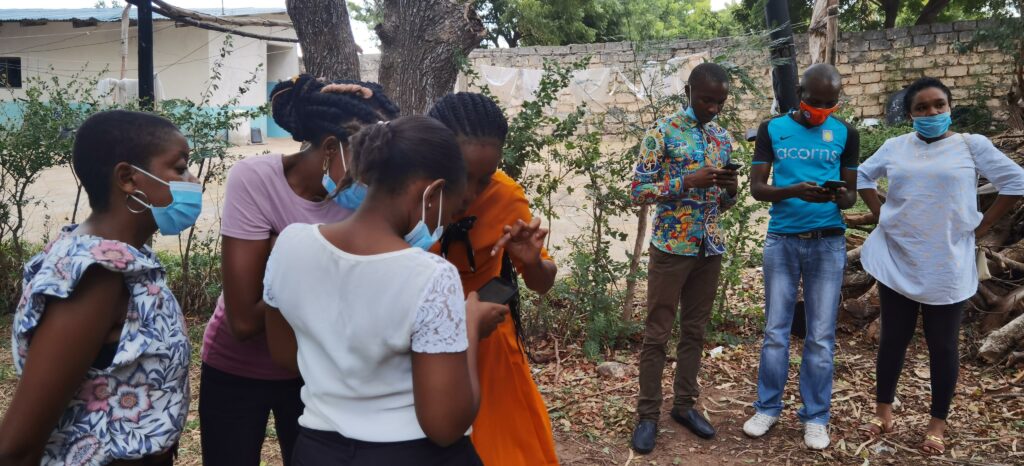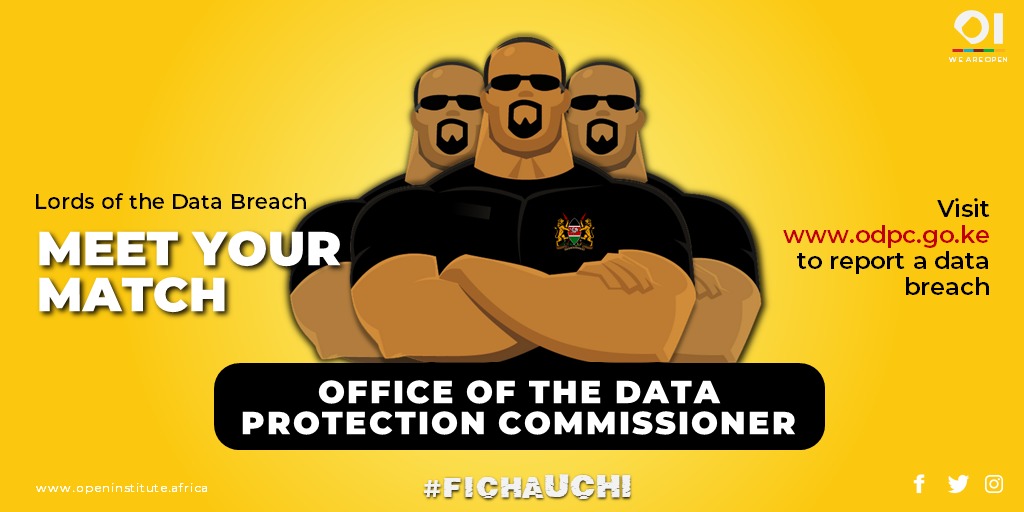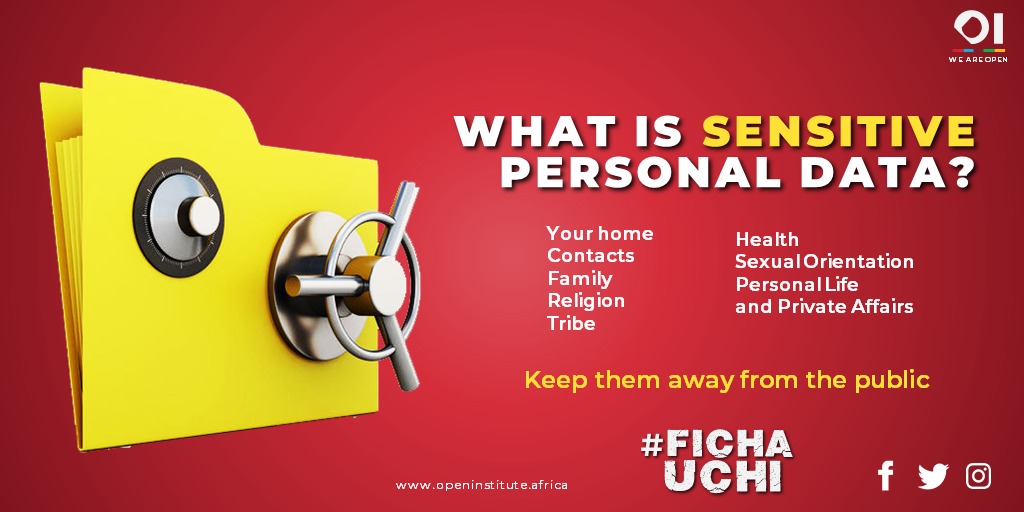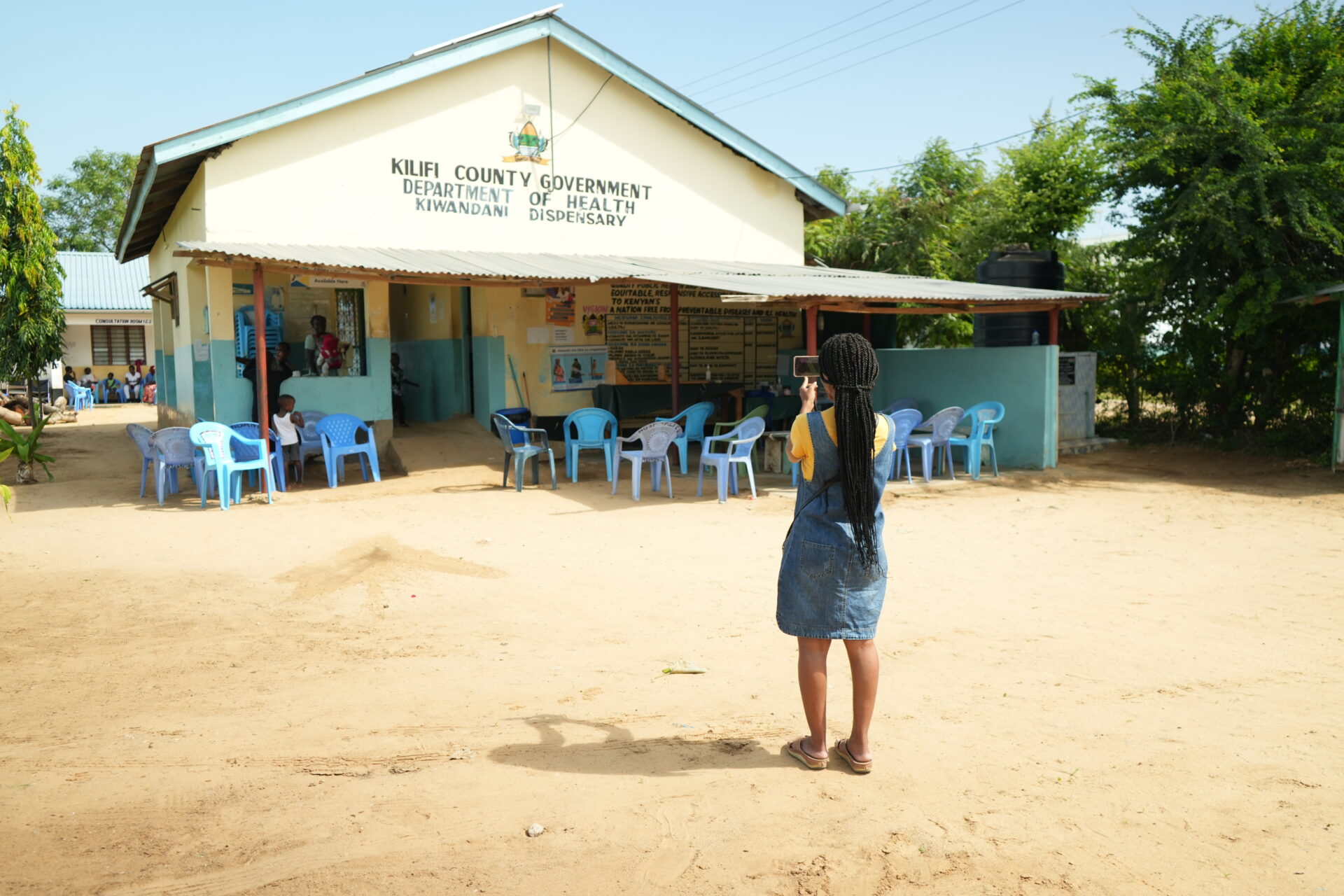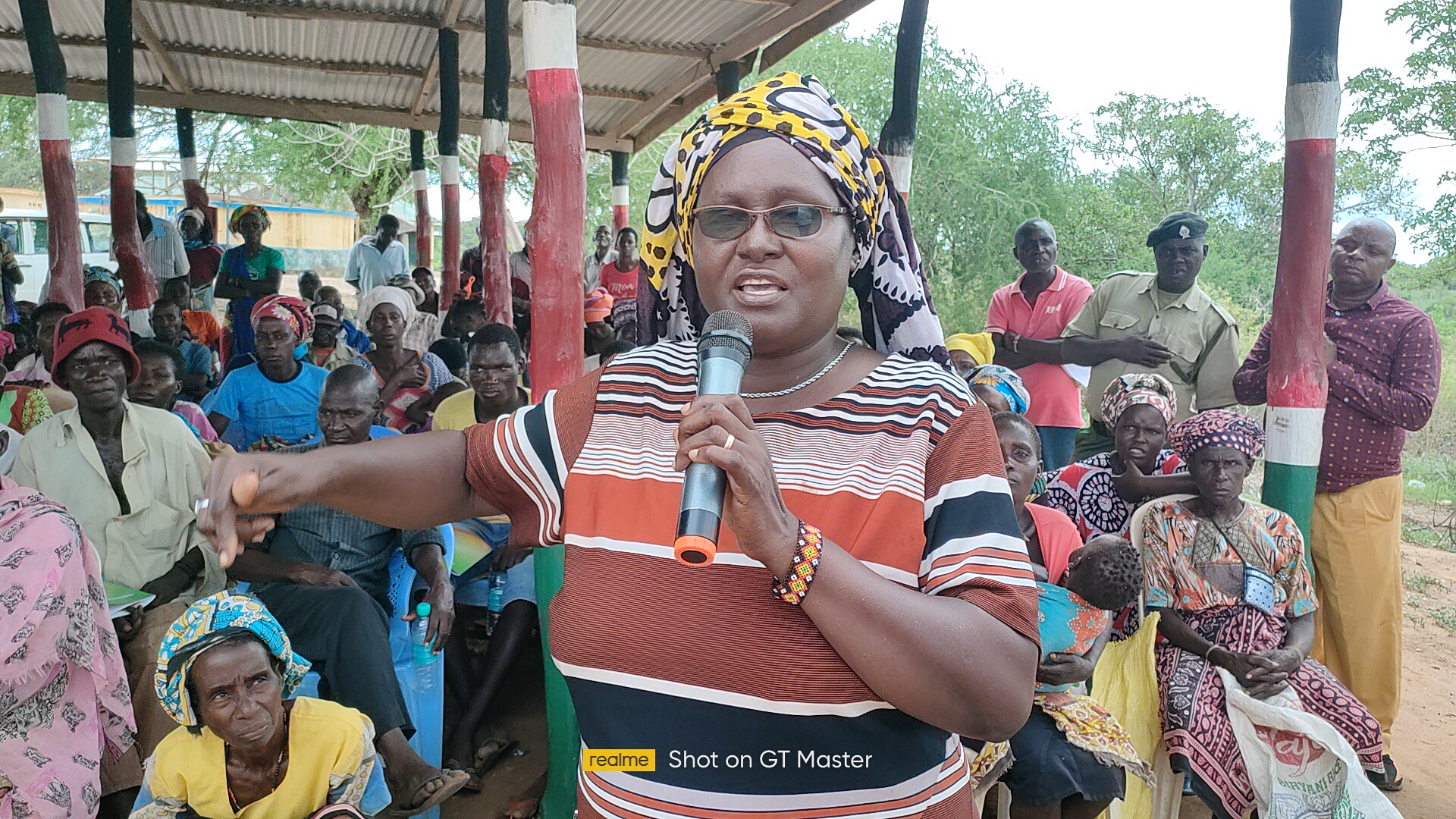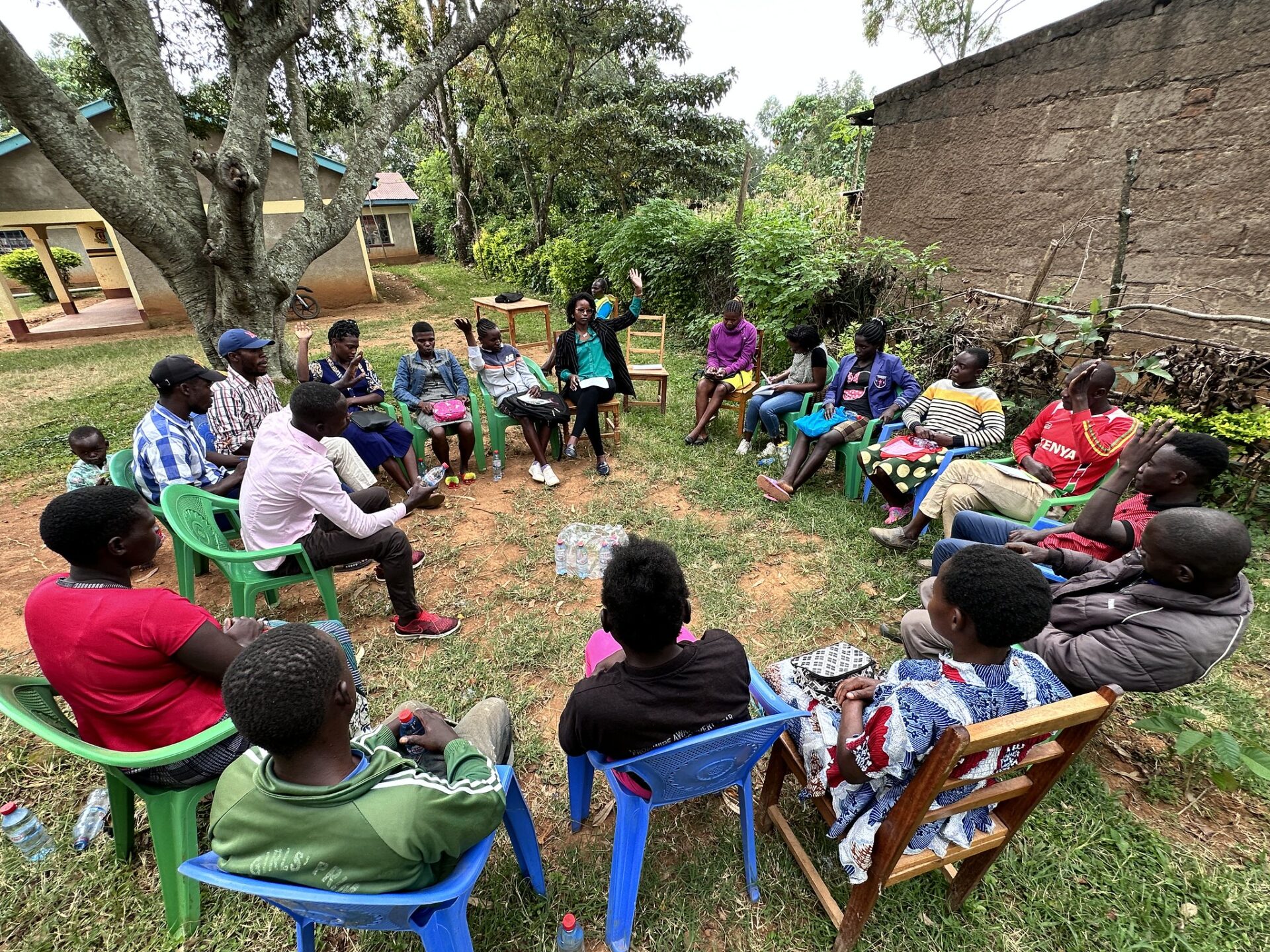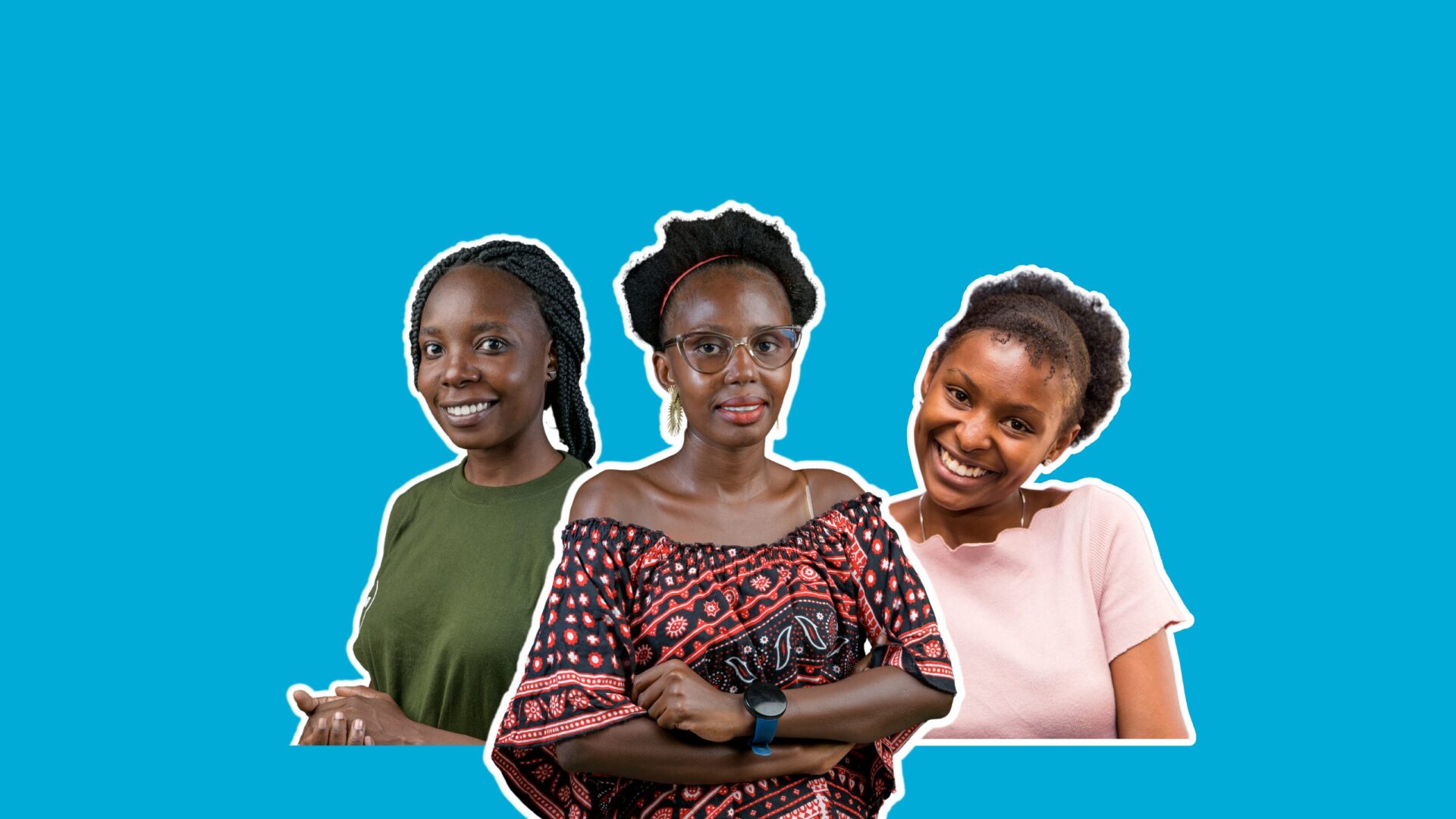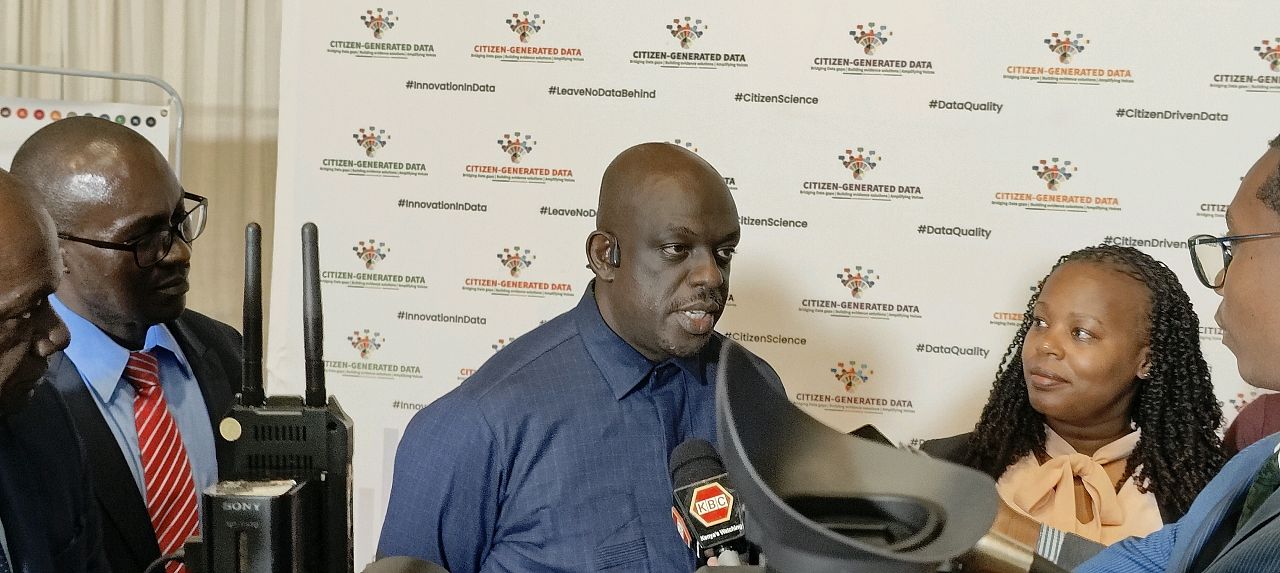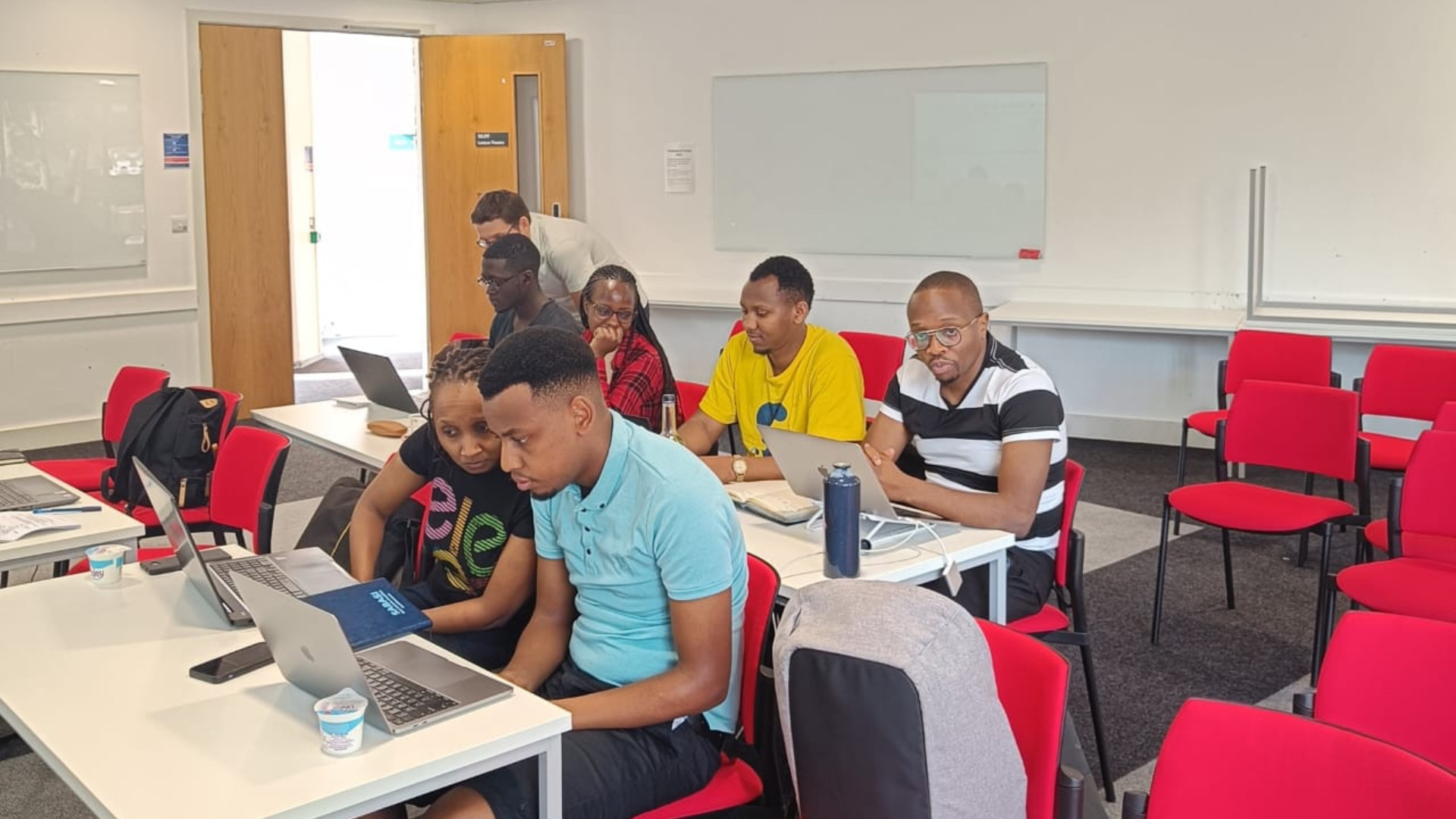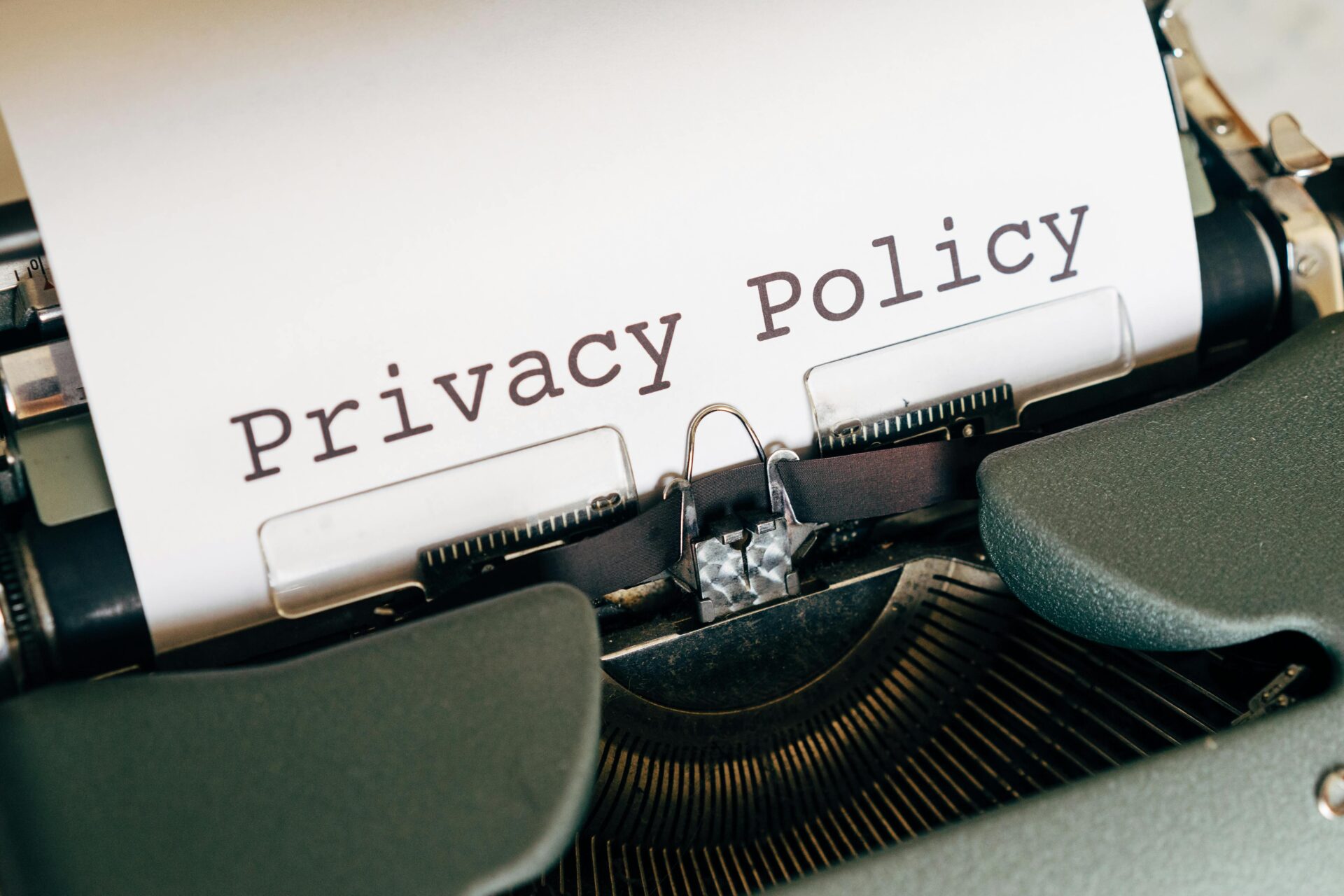Our Executive Director, Al Kags, was featured on the Ole Law Podcast where the issues of active citizenship and responsive governments – our main mandate as an organisation – were discussed.
In the 36 minute conversation, the two gentlemen delved into the edict of our organisation and the impact that it has on the day to day lives of the common mwananchi. Al pointed out that in promoting open data, we equip citizens with the necessary tools and confidence to approach governments. Since the government reports to the citizen who voted for them, it is crucial that most citizens understand this and have a base from which they can hold conversations. The data that Open Institute collects and curates into dashboards is a foundation for such engagement.
This is Our Story
Every organisation has a story and ours began close to 9 years ago when we approached the government and suggested to them that Kenya needed to be open. The way to be open was by the government publishing actual data in terms of numbers to the public, this would in turn push for due diligence from the public. Al mentioned that it proved to be a challenging task at the time, however, despite this, we launched the first open data initiative in Africa on July 8th 2011, making key government data freely available to the public through a single online portal.
The Open County Initiative
Since the establishment of counties, the Open Institute took to working with the county governments to ensure that their data was published online. Most counties have now developed a culture of publishing especially financial data among other indicators online. All this has been documented on OpenCounty.org. We have worked with Elgeyo Marakwet County where we created and launched the first-ever data desk. We have also worked with Kilifi County collecting and publishing M&E data, as well as partnering with Makueni County Government to ensure that data is collected at the grassroots level – County ward level – making it easier for Wanjiku on the ground to understand and relate to.
Open Institute During COVID-19
The momentum that every organisation had was slowed down during COVID-19 and the Open Institute was not spared. Our operations were impaired for some time while pivoting to remote working. As the pandemic wore on, we witnessed a lack of basic needs and sanitation materials among citizens. In response to this, we came up with a reporting tool called Nuru. live that enabled Kenyans from every part of the country to report what was happening on the ground. The uptake of Nuru was positive from not only the citizens but also other CSOs. What Nuru did was shine a light where there was none and in return made it easy for the National COVID Response Team to have a targeted response to citizens in different regions.
Nuru’s success paved way for a collaboration with AMREF International, Advocacy Accelerator and the African Union. The three organisations had partnered to undertake a project geared towards onboarding community health workers (CHWs) to undergo training and capacity building to assist rapid response teams in identifying COVID cases and connecting them to care across 8 countries in East, West and Southern Africa . The project, however, called for a reporting tool to manage the project activities and the Open Institute provided Sabasi app for CHWs to collect data. Sabasi has sped up the data collection process ensuring that the team now has real-time data to support their activities.
COVID-19 and Data
In the fight against COVID-19, most governments had to use different measures to track and combat the spread of the virus. Contact tracing, as well as GPS tracking, were commonly used, this begged the question, what happens to this data after the wind-down of COVID-19? The other question was, how safe is this data from violators? This prompted the Restore Data Rights movement an Africa wide partnership of 5 initial countries covering Kenya, Uganda, Ghana, Nigeria and South Africa with the aim of ensuring that the data collected towards the COVID-19 response is used in transparent, accountable and inclusive ways. Since most African countries do not have data protection laws, the citizens are susceptible to all types of data privacy violations; this is the challenge that the movement seeks to address.
Is there a conflict between Open Data and Data Protection principles?
When it comes to Data Protection Principles as stakeholders in the data space, we have to appreciate the fact that the principles are put in place to protect sensitive personal data. Open data constitutes granular data i.e number of people – not the identities of said people – in a specific ward that have high blood pressure, for example. This is proof that open data and data protection principles are both crucial in data protection.
Privacy and Data Protection sensitisation among Kenyans
There is still work to be done when it comes to Kenyans and their approach to data privacy. At the moment, most Kenyans are required to leave their National Identity cards when accessing buildings in the city, and they do this without challenging it. There is an upsurge in accepting cookies and terms and conditions when using software or downloading apps online. All these actions, unfortunately, put Kenyans at risk when it comes to ransomware attacks, data privacy violations among others. As an organisation, we are currently leading a campaign dubbed #FichaUchi on social media that aims to not only raise awareness on data protection but also demystify the Data Protection Act to Kenyans. We would also like to sensitize Kenyans on the type of data that they post on social media as well as the fact that their data can be misused; a good example is the loan companies that keep bombarding people with marketing messages.
The Office of the Data Protection Commissioner
The ODPC is an office put in place for Kenyans. It is important that every mwananchi is aware of this as the office is present to support Kenyans. Unfortunately, the office came in place in the midst of a pandemic and in the middle of a budget year hence the funding and personnel of the office are not at par. The Open Institute is working closely with the ODPC; running the Data Governance programme in collaboration with Amnesty International. The aim is to guide the operationalization of Kenya’s Data Protection Act to ensure that Kenyans benefit from the advantages of technology without compromising their fundamental rights. With our #FichaUchi campaign, we seek to sensitize Kenyans on Data Protection and privacy.
It is our hope as an organisation that in the next financial year, there are enough resources allocated to the office. At the same time, we are pushing for the office’s full independence not only in terms of monetary independence but in its operations.
Moving forward…
At the Open Institute, we work to ensure citizen and responsive governments and we look forward to a time when:
- Citizens are aware of the power of data in their lives including their own personal data to enforce the government to do the right thing where citizens are concerned.
- Government is proactively open where data is concerned i.e publishing data on available websites and allowing citizens to engage with the data
Listen to the full podcast here:



